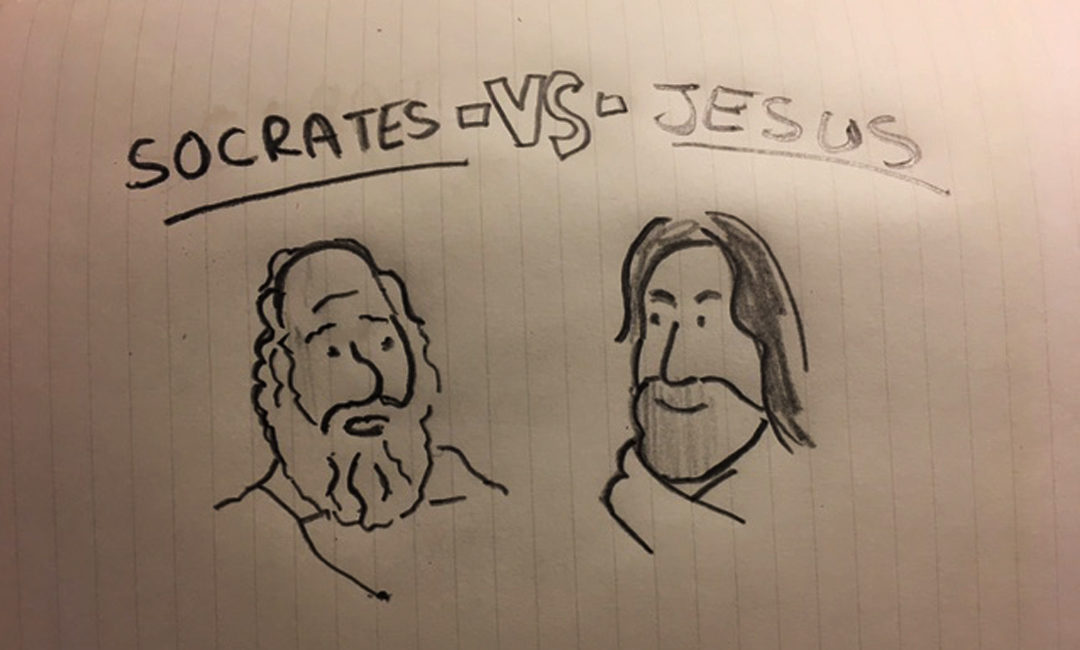Yesterday, in a magazine interview over the phone, the writer asked me, “What’s your favorite book?” I actually get asked that a lot and never before knew what to say. I have lots of favorites. But I just may have discovered my favorite novel of all time and perhaps even my single favorite book, excluding of course, The Bible, which should never be a part of such comparisons in the first place, for several reasons. And I’ve learned that my new favorite book is considered a classic, though I’ve never heard of it before. It looks like a book for children, and in particular, for little girls. But it’s out now in a beautiful edition that the former little girl in our home had owned for years. Anna Bond, a family friend at Rifle Paper Company in Winter Park, Florida designed the new cover. Look them up if you don’t know their amazing work.
Anyway, the book is A Little Princess, by Frances Hobson Burnett, and was first published in 1905. It portrays the unlikely adventures of a young girl in London who, after living a charmed first stretch of life, is thrust into challenging, bleak and difficult circumstances beyond anything she could have anticipated. And yet, she uses the amazing power of the imagination, and the equally great power of good manners, and ultimately true kindness, to prevail over all. It’s one of the best books I’ve ever come across on inner resilience and the power of the mind. It’s charming, and even heartwarming, but most of all, it’s deeply wise.
Let me give you a sample, although excerpts can’t really convey the impact of the expertly told story, whose lessons often come through in subtle ways. In one scene, the headmistress of her school, Miss Minchin, speaks to young Sara, the elegant princess of our title, with great harshness, heaping on untrue and unfair accusations, while Sara listens without any sign of anger, hurt, agitation, or reply. She then muses over her own restraint, and especially on the fact that, unlike most people, she doesn’t answer the unjust accusations.
"As to answering, though," said Sara, trying to console herself, "I don't answer very often. I never answer when I can help it. When people are insulting you, there is nothing so good for them as not to say a word—just to look at them and THINK. Miss Minchin turns pale with rage when I do it, Miss Amelia looks frightened, and so do the girls. When you will not fly into a passion, people know you are stronger than they are, because you are strong enough to hold in your rage, and they are not, and they say stupid things they wish they hadn't said afterward. There's nothing so strong as rage, except what makes you hold it in—that's stronger. It's a good thing not to answer your enemies. I scarcely ever do. (Puffin Edition, 147)
And another, longer, passage, after a particularly shocking development:
Then a thought came back to her which made the color rise in her cheek and a spark light itself in her eyes. She straightened her thin little body and lifted her head.
"Whatever comes," she said, "cannot alter one thing. If I am a princess in rags and tatters, I can be a princess inside. It would be easy to be a princess if I were dressed in cloth of gold, but it is a great deal more of a triumph to be one all the time when no one knows it. There was Marie Antoinette when she was in prison and her throne was gone and she had only a black gown on, and her hair was white, and they insulted her and called her Widow Capet. She was a great deal more like a queen then than when she was so gay and everything was so grand. I like her best then. Those howling mobs of people did not frighten her. She was stronger than they were, even when they cut her head off."
This was not a new thought, but quite an old one, by this time. It had consoled her through many a bitter day, and she had gone about the house with an expression in her face which Miss Minchin could not understand and which was a source of great annoyance to her, as it seemed as if the child were mentally living a life which held her above the rest of the world. It was as if she scarcely heard the rude and acid things said to her; or, if she heard them, did not care for them at all. Sometimes, when she was in the midst of some harsh, domineering speech, Miss Minchin would find the still, unchildish eyes fixed upon her with something like a proud smile in them. At such times she did not know that Sara was saying to herself: "You don't know that you are saying these things to a princess, and that if I chose I could wave my hand and order you to execution. I only spare you because I am a princess, and you are a poor, stupid, unkind, vulgar old thing, and don't know any better."
This used to interest and amuse her more than anything else; and queer and fanciful as it was, she found comfort in it and it was a good thing for her. While the thought held possession of her, she could not be made rude and malicious by the rudeness and malice of those about her. "A princess must be polite," she said to herself.
And so when the servants, taking their tone from their mistress, were insolent and ordered her about, she would hold her head erect and reply to them with a quaint civility which often made them stare at her.
"She's got more airs and graces than if she come from Buckingham Palace, that young one," said the cook, chuckling a little sometimes. "I lose my temper with her often enough, but I will say she never forgets her manners. 'If you please, cook'; 'Will you be so kind, cook?' 'I beg your pardon, cook'; 'May I trouble you, cook?' She drops 'em about the kitchen as if they was nothing." (pages 164-5)
Our Princess thinks of herself as protected by a sort of benevolent magic. She once says, "Somehow, something always happens," she cried, "just before things get to the very worst. It is as if the Magic did it. If I could only just remember that always. The worst thing never QUITE comes." (page 220)
If you treat yourself to this magnificent little book, you’ll be glad, and you'll feel Sara's Magic.
http://amzn.to/2pebli9












































